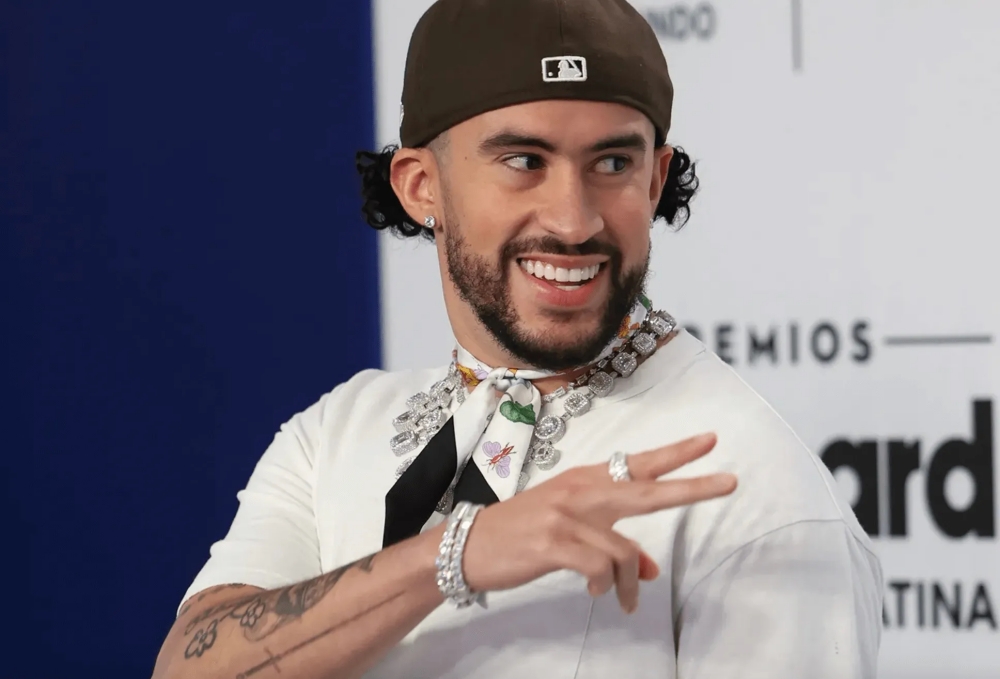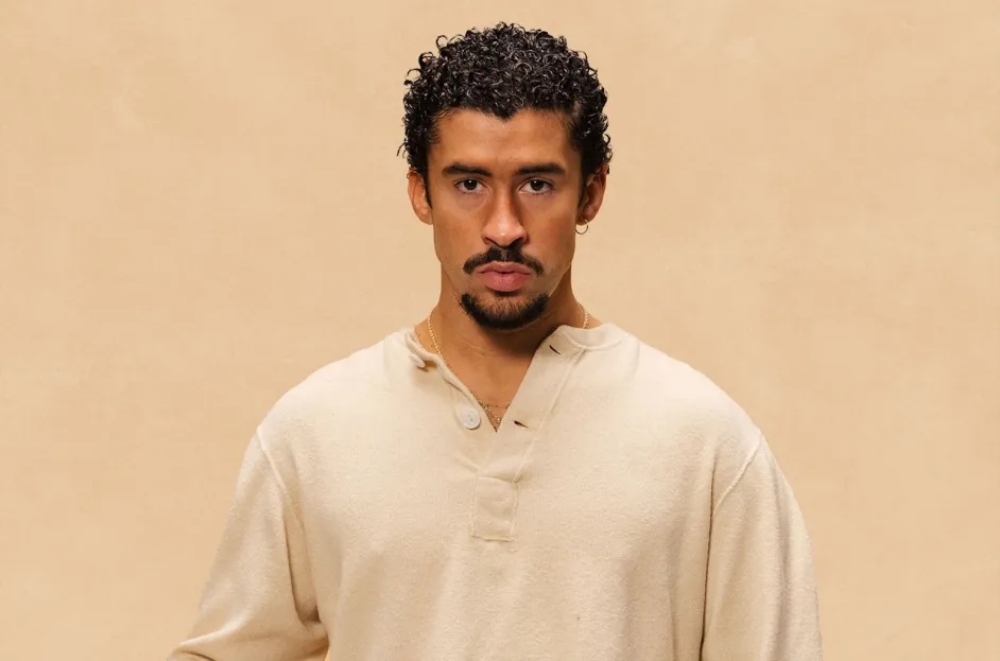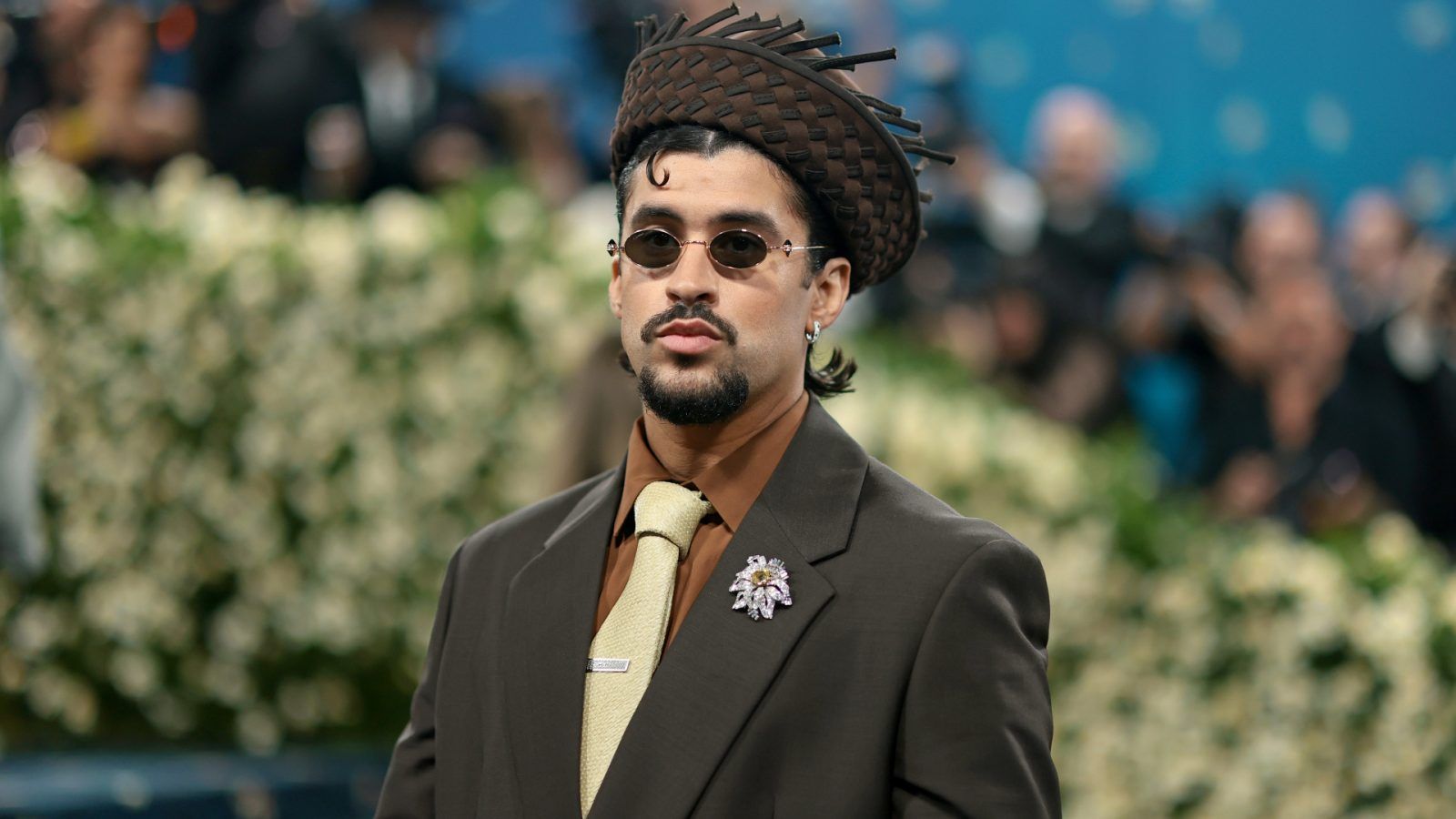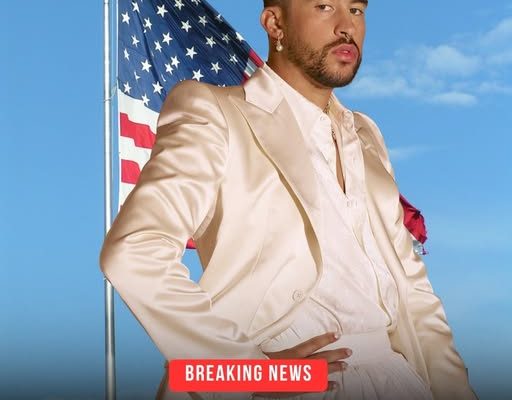
Shockwaves swept through the music world and beyond when the NFL abruptly canceled Bad Bunny’s much-anticipated Super Bowl 2026 halftime performance. The decision ignited an intense backlash, but it was what Bad Bunny did next that truly stunned everyone. Without hesitation, he announced that he was leaving America, declaring, “I’m moving to Puerto Rico and NEVER coming back!” His words sent a powerful message—one filled with frustration, hurt, and defiance.

Bad Bunny’s announcement was raw and heartfelt. He expressed how deeply he felt disrespected by the NFL’s decision, calling it not just a cancellation, but a betrayal. “You’re disrespecting me,” he said. His statement wasn’t simply about the lost performance; it reflected a larger feeling of being undervalued and misunderstood in a country where he had worked hard to build his career and influence.
He warned the industry and the country that they were losing something rare—a talent who was ready to push boundaries and bring fresh energy to the global music scene. To Bad Bunny, this cancellation wasn’t just a personal setback; it was a sign of wider issues in the music industry and society, where artists like him face invisible barriers despite their success.

Fans and supporters quickly rallied behind his declaration of departure. Many shared their disappointment and anger, echoing his feelings of betrayal. Social media exploded with messages of solidarity and calls for justice, while others expressed sorrow over the prospect of losing such a powerful voice in American music.
At the same time, critics argued about the circumstances, questioning whether politics or public pressure played a role in the NFL’s controversial choice. The debate grew fierce, with people weighing in on topics of artistic freedom, cultural identity, and what it means to truly represent a nation on one of its biggest stages.
Bad Bunny’s decision to leave wasn’t just about the Super Bowl; it was about reclaiming control over his art and his future. Moving back to Puerto Rico symbolized a return to roots, to a place where his culture and music were celebrated without limits. It was a bold move reflecting both pain and pride.
For many, this moment marked a turning point. It forced everyone to confront uncomfortable questions about inclusion, respect, and the diversity of voices in mainstream America. How often do we expect artists to conform, and what happens when they refuse?
In the weeks following his announcement, conversations around the cancellation took on new urgency. Industry insiders spoke of potential shifts in how artists deal with powerful institutions. Fans hoped Bad Bunny’s move might inspire others to stand firm against injustice.
The NFL found itself at the center of a storm, balancing criticism and scrutiny. The organization’s handling of the situation would be watched closely, as this controversy threatened to impact its image and future halftime shows.

Meanwhile, Bad Bunny’s story became a powerful narrative of resistance and resilience. His departure from America was more than a headline—it was a statement about dignity, identity, and the right to be heard on one’s own terms.
As he steps into this new chapter, fans worldwide watch and wonder what lies ahead for the artist who refused to be silenced. His message is clear: respect is not optional, and true talent deserves to be celebrated, not pushed away.
In the end, Bad Bunny’s decision challenges the industry and the nation to rethink what it means to embrace diversity and artistic expression. His move back to Puerto Rico may mark an end of one journey but also the beginning of something even more powerful—music and voices that cannot be ignored.



